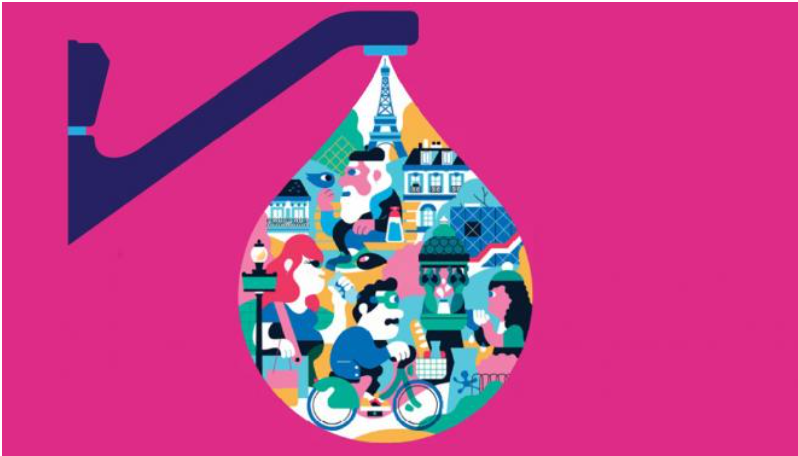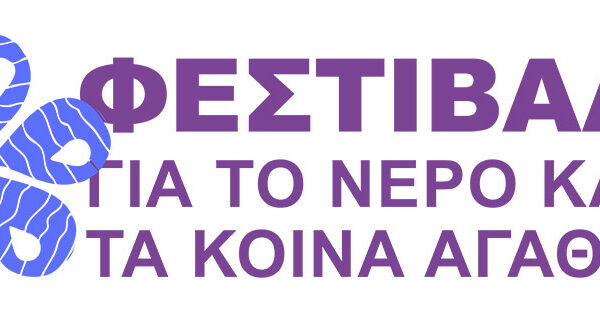By Gemma Gasseau
The book “Public Water and Covid-19: Dark Clouds and Silver Linings”, discusses how the Covid19 outbreak underlined once again the importance of water and other basic services for human life, and re-opened the debate on the role of the state in managing such services.
How did public water operators react to the outbreak of the Covid-19 pandemic? The book Public Water and Covid-19: Dark Clouds and Silver Linings, published in March 2021 by The Transnational Institute, in collaboration with the Latin American Council of Social Sciences- CLACSO and the Municipal Service Project, and edited by David McDonald, Susan Spronk and Daniel Chavez, provides some answer(s) to this question.
Through the narration of over 40 contributors, the book brings the reader on a journey around the world, exploring issues of public water services provision during the Covid19 outbreak. Through this journey, we also discover territories, with their diverse geographical characteristics, history, socio-political context, and knowledge.
While embarking on this journey, we get to listen to voices: those of workers of public water operators, activists, scholars, network organizers – they open for you the doors of water operators and the issues they faced during the pandemic. Listening and observing, we will discover that ‘public’ is not an homogenous category, but rather that there are different public management models: examples include community-based aqueducts, publicly-owned independent companies, direct management by municipalities and re-muncipalised operators.
The wide variety of cases explored – 25, to be precise! – cover territories in Europe, Africa, the US, Canada and South America, and one city in Asia (Jackarta). Such a sample does not aim at exhaustion, nor at formal comparison or generalizations. Instead, the perspective is one of ‘lessons learnt’, may they be positive or negative, in a pragmatic, policy-oriented perspective – more specifically, emancipatory policy, that means aimed at guaranteeing the human right to water. As we read, one of the goals is to “identify and critically examine what can be considered ‘good’ (as opposed to ‘best’) practices and how these might be transferable to different locations” (pg.17).
In all this variety, we are surprised by the commonalities across distant places – but also how much we can learn from the differences. Through the pages, common struggles emerge, brought by or exacerbated by the pandemic. Among these, the daily management of water provision during a lockdown, which implies telework and changing water flows demand. More generally, the tension between guaranteeing water access to a population in dire need and sustaining revenues for the economic management of a publicly owned water company, thus bringing up issues of affordability. But also, facing a changing regulatory and legal framework, with its bureaucratic burdens that may neglect some types of operators.

Source: Transnational Institute. https://www.tni.org/en/page/introduction
While the cases explored vary by geography, management models, and issues faced, some common threads can be found. Rather than summarizing the cases one by one, for this review I decided to focus on two broad themes that emerge from the different cases as important for water services provision, during a global pandemic and beyond.
One recurrent theme that emerges across the pages is knowledge – with the questions of who owns it, whose is legitimized, and how it is shared. In the case of Buenaventura, in Colombia, we learn about the importance of knowing the local history of water services and its contextualization within broader political and social dynamics. For the case of community-based aqueducts in Colombia, the knowledge of the physical territory is paired with the proximity of the users – who collectively manage, repair and finance the infrastructure. The cases of two networks of water operators – Aqua Publica Europea, in the European Union, and France Eau Public, in France, underline the importance of owning and sharing publicly the knowledge that operators have acquired, especially in an emergency situation. Finally, the Global Water Operator’s partnership alliance (GWO-PA), a United Nations agency, highlights the necessity of knowledge sharing based on the principles of solidarity and non-for profit collaboration, which they addressed through surveys and internal communication within the network, resulting in online campaigns, ‘communities of practice’ and the organisation of webinars.
A second overarching theme unfolding from different perspectives is decision-making: who takes decisions on water services, how, and with what consequences. In fact, in the case of the US the multi-level character of water governance slowed down the implementation of prompt emergency measures. In the case of community aqueducts in Colombia, the national regulatory framework posed obstacles inasmuch it did not consider their specificities in defining the bureaucratic and administrative burdens to access facilitations and subsidies. In Burkina Faso, a hierarchical crisis management prevailed, with the government developing the response plan together with donors, and neglecting to consult with trade unions or households. While taking the positive step of providing water for free for three months in urban areas, the plan did not target the most vulnerable households in rural areas. Moreover, democratic participation in decision-making has proven of key importance in taking decisions regarding water access in the cases of re-municipalized water operators in Europe, particularly in Terrassa and Paris. In the case of Jakarta, activists advocating for re-municipalization underline the importance of not only ownership transfer and network expansion, but also of public participation.
To enrich the debate over public or private provision, to deepen the understanding of both “knowledge” and “decision-making” across cases and their connections, it is fruitful to reflect on these two categories through a critical, political ecology lens: on the one hand, how knowledge is constructed, owned and shared; on the other hand, how decisions are taken, by whom and with what consequences. This book goes in this direction brilliantly, by unpacking what role public operators have in water services governance and how they can behave in situations of emergency.
With the pandemic exacerbating social inequality within and across countries, and pairing with multiple ecological, geopolitical and reproductive crises, it would be interesting to carry out further research with these and other cases to investigate the long-term strategies of water operators, beyond the first emergency reactions to the Covid19 outbreak.
To conclude, I highly recommend this book to anybody interested in water services, not only in their theoretical problems, but also practical challenges.
Gemma Gasseau is a PhD Candidate in Transnational Governance at Scuola Normale Superiore & Scuola Superiore Sant’Anna (Italy), interested in political economy and ecology, currently researching water services governance in the EU.







Very clear and interesting. Thanks